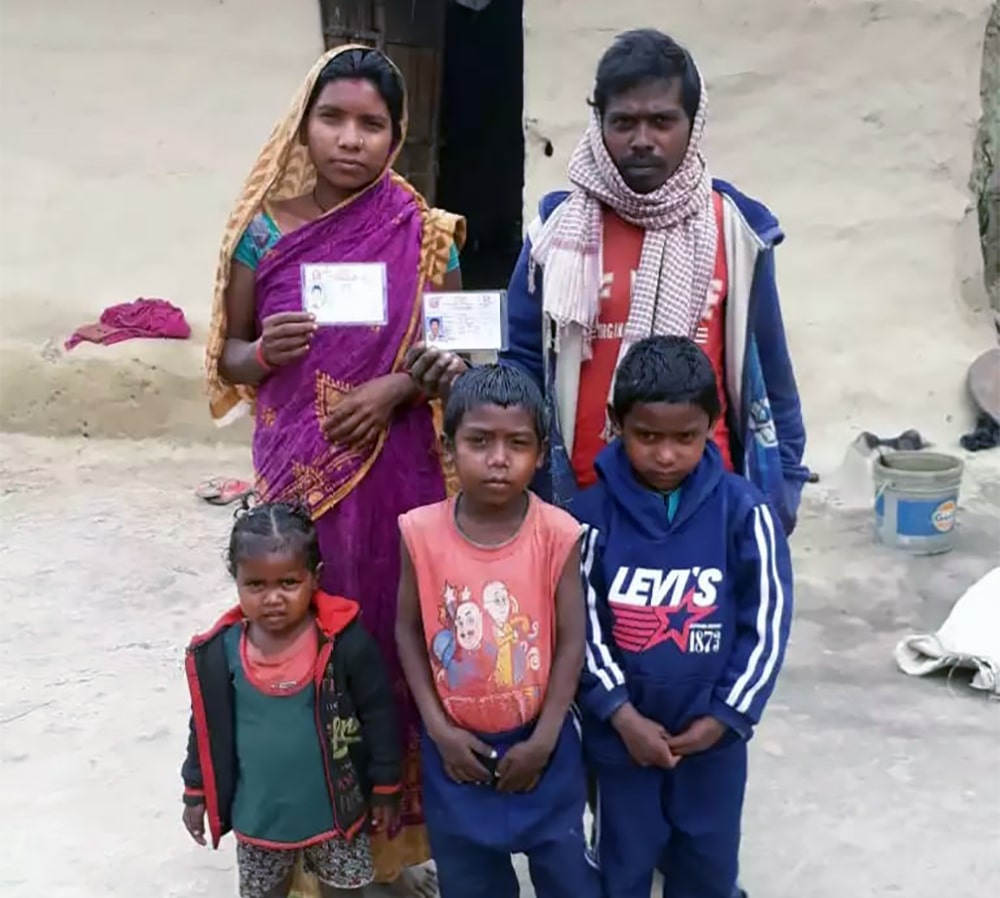
Suraksha Nepal’s role in governance likely revolves around promoting accountability, transparency, and citizen participation in decision-making processes at various levels of governance. Here are some potential aspects of Suraksha Nepal’s role in governance:
Promoting Good Governance Principles: Suraksha Nepal likely advocates for the adoption and implementation of good governance principles, including transparency, accountability, rule of law, and respect for human rights, by government institutions and officials.
Strengthening Democratic Institutions: The organization may work to strengthen democratic institutions, such as local governments and civil society organizations, by providing training, technical assistance, and capacity-building support to enhance their effectiveness and responsiveness to citizens’ needs.
Citizen Engagement and Participation: Suraksha Nepal likely promotes citizen engagement and participation in governance processes, including through mechanisms such as community forums, public consultations, citizen feedback mechanisms, and social accountability initiatives.
Promoting Women’s Participation in Governance: The organization may advocate for gender equality and women’s empowerment in governance by encouraging the meaningful participation of women in decision-making processes at all levels of government and supporting women’s leadership development initiatives.
Advocacy for Policy Reforms: Suraksha Nepal likely engages in advocacy efforts to influence policy reforms that promote good governance, transparency, and accountability, as well as address systemic issues such as corruption, nepotism, and lack of access to justice.
Monitoring and Oversight: The organization may conduct monitoring and oversight activities to assess the performance of government institutions and officials, identify areas for improvement, and hold them accountable for their actions and decisions.
Promoting Human Rights and Social Justice: Suraksha Nepal likely advocates for the protection and promotion of human rights, social justice, and the rule of law in governance processes, including by addressing issues such as discrimination, marginalization, and impunity.
Building Coalitions and Alliances: The organization may collaborate with other civil society organizations, government agencies, international partners, and other stakeholders to build coalitions and alliances for collective action on governance issues and amplify their impact.
Overall, Suraksha Nepal’s role in governance is likely focused on fostering an enabling environment for accountable and inclusive governance, where the voices and rights of all citizens, especially marginalized and vulnerable populations, are respected, heard, and upheld.